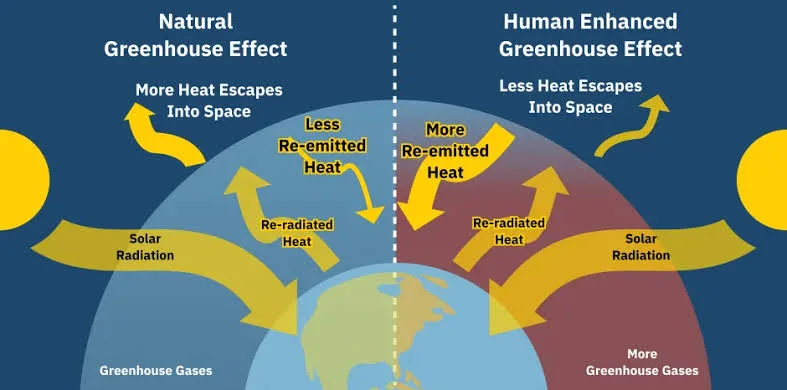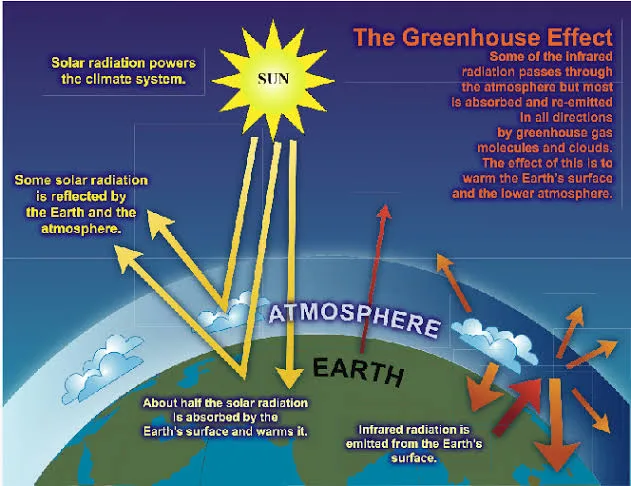In a significant shift towards global climate accountability, developing countries are taking the forefront in implementing transparent and effective climate action plans. Despite historically being disproportionately affected by climate change, these nations are now driving innovation and cooperation to mitigate its impacts.
Transparency and Implementation: The New Climate Norm
Countries such as South Africa, Indonesia, and Colombia are pioneering new approaches to climate governance. They’re leveraging cutting-edge technology, data analytics, and stakeholder engagement to ensure their climate commitments are met. This focus on transparency and implementation is setting a new standard for climate action worldwide.
Key Strategies:
1. *National Climate Plans*: Developing countries are crafting tailored plans that address their unique climate challenges and development priorities.
2. *Green Financing*: Innovative financing mechanisms are being explored to support climate projects, from renewable energy to sustainable infrastructure.
3. *Community Engagement*: Local communities are being empowered to drive climate action, ensuring that climate policies are inclusive and effective.
4. *Technology Transfer*: Developing countries are seeking technology transfer agreements to access climate-friendly technologies and expertise.

Global Cooperation
The success of these efforts relies heavily on international cooperation. Developed countries are being called upon to fulfill their climate finance commitments and share expertise to support developing nations’ climate ambitions.
Challenges Ahead
While progress is being made, challenges persist. Climate change disproportionately affects vulnerable populations, and developing countries often lack the resources and infrastructure to adapt. Overcoming these hurdles will require sustained global cooperation and innovative solutions.
A New Era of Climate Accountability
As developing countries continue to forge paths towards climate accountability, the world watches with anticipation. Their efforts serve as a beacon of hope for a more sustainable future, demonstrating that climate action can be both effective and equitable.
Let’s take a closer look at some of these points and explore other specific country models;

South Africa’s Climate Progress
South Africa has made significant strides in climate action, with a strong focus on transitioning to a low-carbon economy. Key initiatives include:
1. *Renewable Energy*:
South Africa has set ambitious targets for renewable energy, with a goal of generating 42% of its electricity from renewables by 2030.
2. *Green Economy Financing*:
The country has established the Green Fund, a dedicated financing mechanism to support green economy projects.
3. *Just Transition*:
South Africa is prioritizing a just transition, ensuring that workers in affected industries are supported through training and job placement programs.
Indonesia’s Climate Ambitions
Indonesia, as the world’s fourth most populous country, has a significant impact on global climate action. Key initiatives include:
1. *Forest Conservation*:
Indonesia has implemented measures to protect its forests, which are crucial carbon sinks. The country aims to reduce deforestation and promote sustainable land use.
2. *Renewable Energy*:
Indonesia targets 23% of its energy mix to come from renewables by 2025, with a focus on solar and geothermal energy.
3. *Climate-Resilient Infrastructure*: Indonesia is investing in climate-resilient infrastructure, including sea walls and green infrastructure, to protect its coastal cities.

Colombia’s Climate Leadership
Colombia has emerged as a climate leader in Latin America, with a strong focus on sustainability and climate resilience. Key initiatives include:
1. *Deforestation Reduction*:
Colombia has implemented measures to reduce deforestation, which has contributed significantly to its greenhouse gas emissions.
2. *Climate-Smart Agriculture*: The country is promoting climate-smart agriculture practices, which help farmers adapt to changing climate conditions.
3. *Green Transportation*: Colombia is investing in green transportation, including electric buses and non-motorized transport infrastructure.
These countries demonstrate that climate action can be tailored to national priorities and circumstances. By sharing knowledge and experiences, developing countries can accelerate global progress towards a more sustainable future.
Costa Rica’s Climate Pioneering
Costa Rica is a global leader in climate action, with a strong focus on sustainability and conservation. Key initiatives include:
1. *Reforestation*: Costa Rica has made significant strides in reforestation, with over 52% of its land covered in forests.
2. *Renewable Energy*: The country aims to be carbon-neutral by 2050, with a focus on hydroelectric power, solar energy, and wind power.
3. *Protected Areas*: Costa Rica has established a network of protected areas, including national parks and wildlife refuges, which cover over 28% of its land.
Bangladesh’s Climate Resilience
Bangladesh, one of the most climate-vulnerable countries, is taking proactive steps to build resilience. Key initiatives include:
1. *Climate-Resilient Infrastructure*: Bangladesh is investing in climate-resilient infrastructure, including sea walls, cyclone shelters, and flood-resistant buildings.
2. *Climate-Smart Agriculture*: The country is promoting climate-smart agriculture practices, which help farmers adapt to changing climate conditions.
3. *Disaster Risk Reduction*: Bangladesh has established a robust disaster risk reduction framework, which includes early warning systems and emergency response plans.
Morocco’s Renewable Energy Push
Morocco has made significant investments in renewable energy, with a goal of generating 52% of its electricity from renewables by 2030. Key initiatives include:
1. *Solar Energy*:
Morocco has launched several large-scale solar projects, including the Noor-Ouarzazate solar complex.
2. *Wind Energy*:
The country is also investing in wind energy, with several wind farms operational or under development.
3. *Energy Efficiency*:
Morocco is promoting energy efficiency measures, including building insulation and smart grids.
*Key Takeaways*
These country examples demonstrate that climate action can be effective and tailored to national circumstances. Key takeaways include:
1. *Context-specific solutions*: Climate solutions must be adapted to local contexts and priorities.
2. *International cooperation*: Global cooperation is crucial for sharing knowledge, technologies, and best practices.
3. *Community engagement*: Climate action requires community engagement and participation to ensure that solutions are inclusive and effective.
